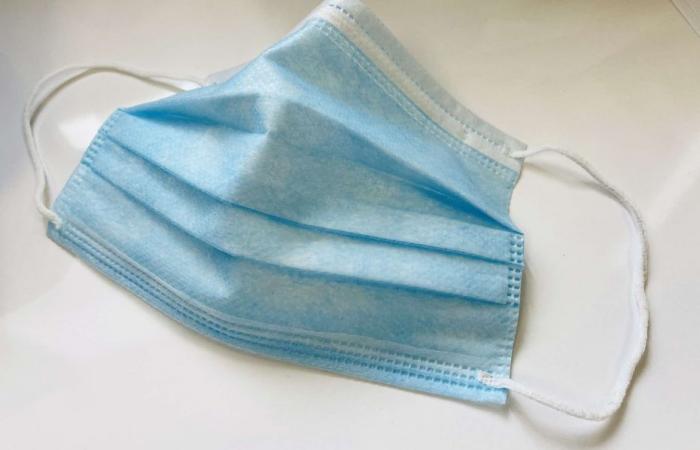In New Caledonia, vaccination against whooping cough is compulsory. The first injection is given to infants from the age of two months. However, an epidemic is raging at the moment. Why this resurgence and how can we limit the spread of this disease?
16 cases of whooping cough recorded to date for January 2025. The disease is currently raging in New Caledonia. 156 cases and 10 hospitalizations, including 8 in children under 5 years old according to the epidemiological bulletin from the network of sentinel doctors last December. The whooping cough vaccine is mandatory. This does not stop the infection from circulating.
This is a respiratory infection very contagious caused mainly by the bacteria Bordetella pertussis transmitted by suspended droplets: by coughing. Another virus may also be responsible for the disease and it would vary greatly from one country to another. The WHO even mentions endemic whooping cough in all countries. The two-week incubation phase is often asymptomatic. The symptoms of this disease, during the so-called “paroxysmal” phase:
- persistent cough (more than 7 days), without fever in the majority of cases.
- coughing fits associated with difficult inspiratory recovery, and sometimes vomiting occurring after the fits.
- in infants: apnea sometimes accompanied by bradycardia (heart rate below normal), or even attacks of cyanosis (bluish discoloration of the skin).
Finally, the convalescence phase can last several weeks.
The risks are higher in infants, young children, pregnant women and the elderly. In young children, health authorities report complications such as: pneumonia or neurological conditions (convulsive seizures, encephalitis).In infants, whooping cough can lead to respiratory or multiorgan failure and sometimes death.
Asymptomatic or mildly symptomatic infections are common, especially in people who have already been vaccinated.
I was surprised to see whooping cough in children who were fairly well vaccinated.
Stéphanie Barbet, general practitioner
Vaccination has been compulsory in New Caledonia since 1987. Below, the vaccination schedule available on the website of the government’s health and social affairs department.
•
©Directorate of Health and Social Affairs, Government of New Caledonia
According to the WHO, periodic epidemics of whooping cough occur every two to five years worldwide.
The authorities put forward several hypotheses concerning periodic contagion. In particular, there is the appearance of Covid-19, or rather the barrier gestures implemented to limit transmission. Fewer illnesses yes, but therefore also fewer asymptomatic infections acting as natural immune boosters for vaccinated populations. And still in connection with the Covid period: levolution of proteins produced by bacteria Bordetella pertussis, agent of whooping cough. In summary, rarer before the pandemic. Finally: resistance to first-line antibiotics used against whooping cough.
Once the disease is diagnosed, treatment for whooping cough is based on antibiotics. Wearing a mask is recommended in particular for people in contact with patients, or the patients themselves. Just like regular hand washing for everyone.
The mask was too quickly forgotten, unlike our Asian neighbors, and that’s a shame!
Brice Lassauce, general practitioner
“As soon as you have a cold, flu or symptoms, you should put on a mask to avoid contaminating those around you, your family… or your doctor“, insists Brice Lassauce. And adds: “What we want is to avoid overloading medical services, especially at this time.“
- Be up to date with your vaccinations
Local health authorities are also calling for verification of compliance with the vaccination booster. Adults have up to 40 years to achieve it. Brice Lassauce, general practitioner confirms: “LAffected patients are, for many, away from their vaccination“. A constant confirmed with the patient of Stéphanie Barbel. Of the 6 patients diagnosed: 4 were children aged under 6 years and the whooping cough occurred before the vaccination booster (scheduled at 6 years), at the time when protection vaccination would be reduced.
Public Health France indicates that clusters, or outbreaks, are often intrafamilial or identified collectively. Stéphanie Barbet confirms transmission within families: “Since April, of the 6 patients I have seen for whooping cough, two were part of a sibling, another was the grandmother of a little patient“. The Department of Health and Social Affairs specifies on a dedicated page that a sick person can contaminate on average 15 to 17 people within the family environment or the community.






